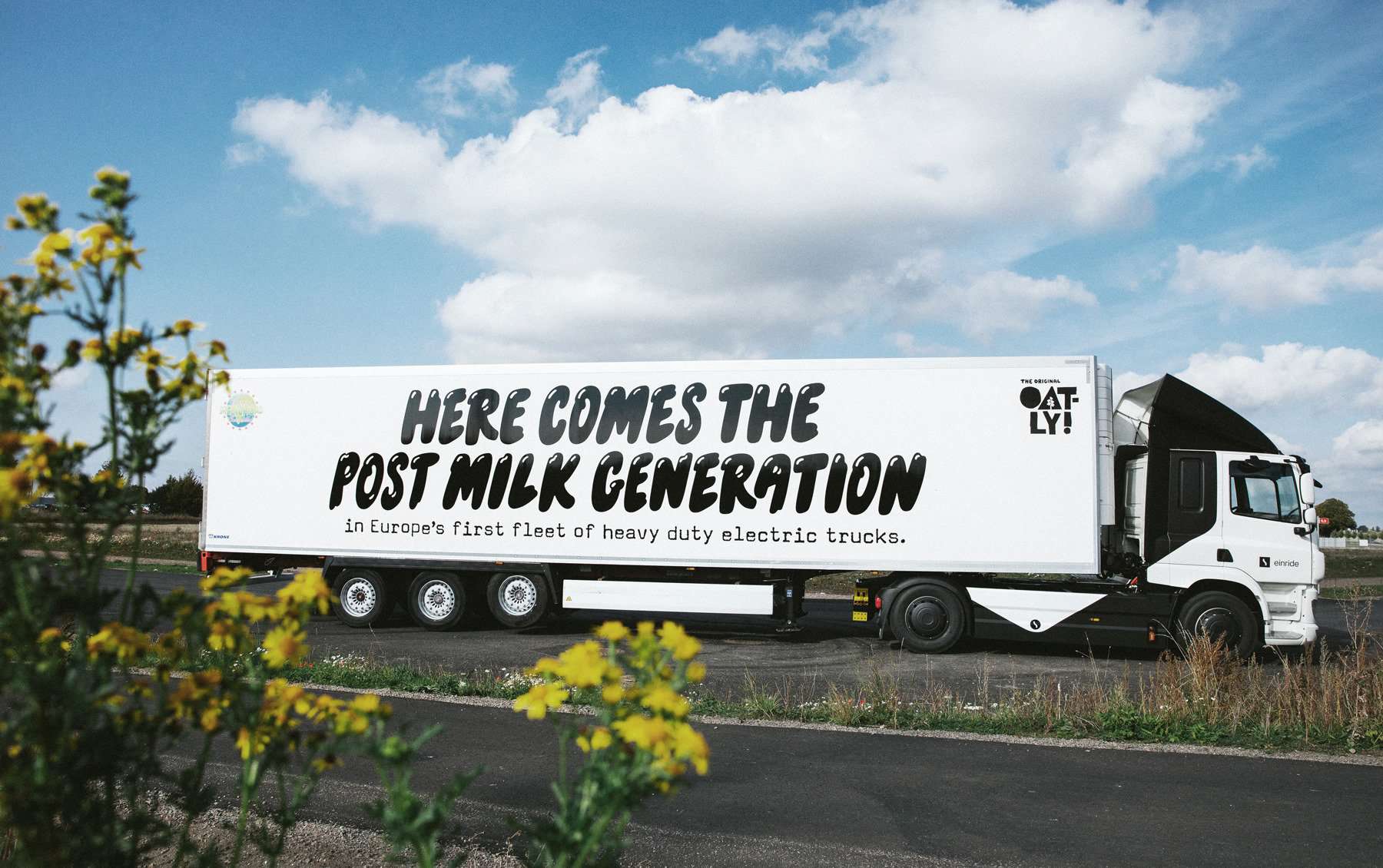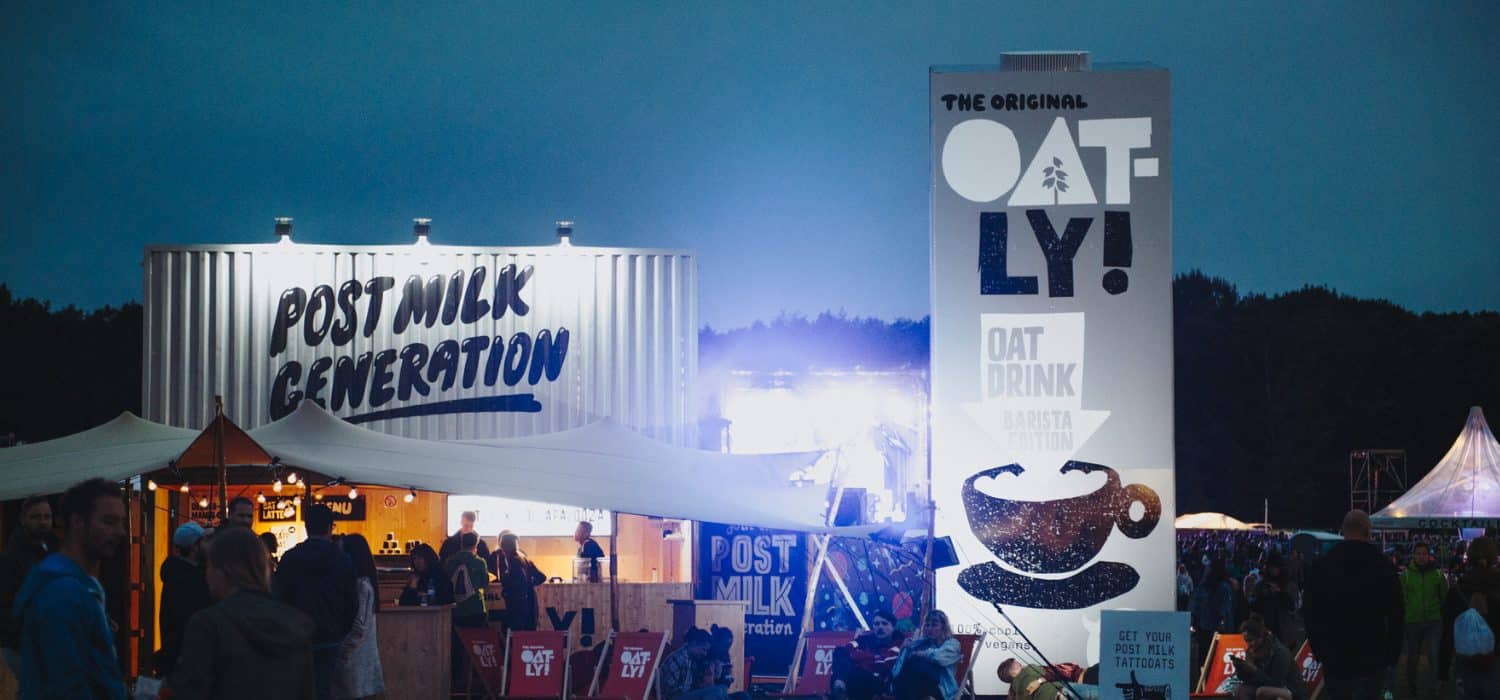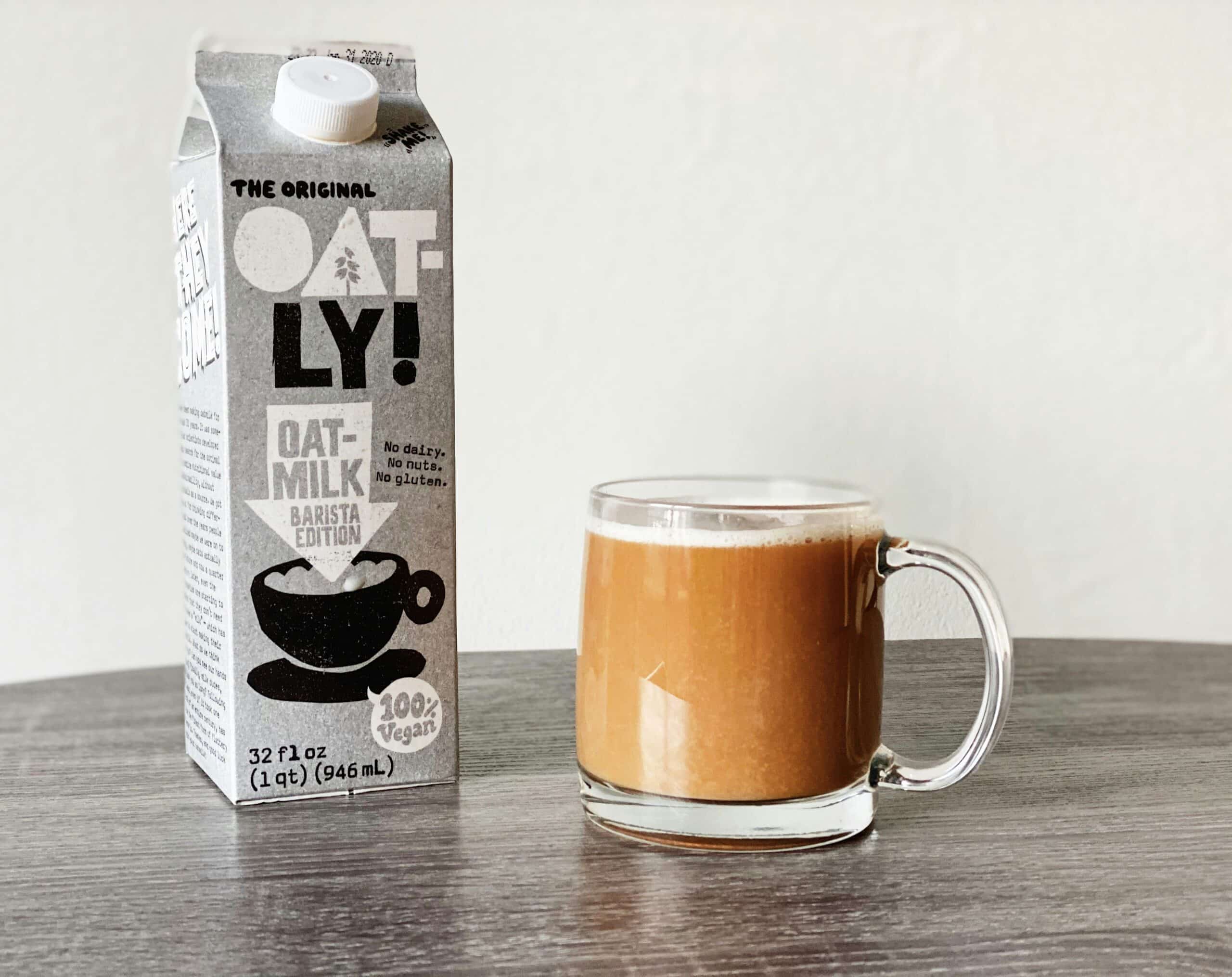Table of Contents
The Oatly Court Case
The recent UK Court of Appeal ruling against Oatly’s use of the slogan ‘Post Milk Generation’ underscores the intricate interplay between branding, regulation, and market dynamics. For businesses operating in fast-evolving categories like plant-based food and beverages, this case offers a stark reminder of the challenges and opportunities inherent in navigating the branding landscape.
From the perspective of a branding and marketing consultancy rooted in ethical principles and long-term impact, the decision raises several questions about fairness, clarity, and consumer empowerment.

The Power Of Words In Branding
At its core, the Oatly court case is about the power of language in shaping perception. Words like “milk” carry cultural and functional weight. They evoke tradition, familiarity, and utility. Oatly’s ‘Post Milk Generation’ is more than a tagline—it is a rallying cry for those seeking sustainable, plant-based alternatives. By challenging the term’s use, the ruling effectively asks whether regulatory definitions align with consumer understanding and the trajectory of modern food systems.
Consumers today are not easily misled. Plant-based milk alternatives, now a mainstream category, are widely understood to be non-dairy. Surveys and market data consistently reveal that consumers value these products for their environmental benefits and nutritional qualities, not because they confuse them with dairy.
When regulations designed to prevent confusion stifle competition or innovation, they risk becoming barriers to progress. As brand strategists, we would argue that clarity for consumers should not come at the expense of fostering sustainable solutions.

An Uneven Playing Field?
Oatly’s response rightly critiques the decision as favouring entrenched industry players over challengers. It is a sentiment that resonates with many businesses striving to disrupt traditional categories in favour of more sustainable alternatives. Regulation should aim to create a level playing field, yet this ruling may have the opposite effect.
Established industries often use legal frameworks to defend their market dominance, creating hurdles for smaller, purpose-driven brands to overcome. For challenger brands like Oatly, the road to success is already fraught with obstacles—from scaling sustainably to educating the market. Adding restrictive regulations into the mix compounds these challenges.
Balancing Compliance & Creativity
The lesson for brands is clear: creativity must go hand-in-hand with compliance.
For those developing new slogans, brand identities, and campaigns, it is vital to fully understand the regulatory environment, even as it evolves. Striking the right balance requires deep strategic thinking and a commitment to storytelling that resonates within the rules.
However, the Oatly court case also highlights the importance of advocacy. If regulations are out of step with consumer behaviour and sustainability goals, the branding and marketing community must push for change. This could mean lobbying for revised guidelines that reflect the realities of modern markets and support the broader move toward ethical consumption.
The Bigger Picture: Branding For A Better Future
At the Mackman Group, we believe branding is not just about differentiation; it’s about making a positive impact. This ruling offers a moment for reflection—not just for Oatly, but for all businesses seeking to marry commercial success with social and environmental responsibility.
Branding is a tool to inspire change, not merely to sell products. The success of the plant-based category demonstrates that consumers are ready for—and actively seeking—alternatives that align with their values. The role of branding, then, is to bridge the gap between these aspirations and the products that can fulfil them.
Moving Forward
For Oatly, the challenge now lies in finding a path forward that preserves the spirit of ‘Post Milk Generation’ while respecting the court’s decision. Whether that means exploring a Supreme Court appeal or pivoting to a new slogan, their commitment to their mission will be crucial.
For the broader branding community, this case underscores the need to think critically about the language we use and the systems within which we operate. Advocacy, innovation, and collaboration will be essential in ensuring that the rules governing our industry do not hinder the progress we seek to achieve.
As we move toward a more sustainable future, it is incumbent on regulators, businesses, and marketers alike to align their actions with the interests of consumers and the planet. Only then can branding fulfil its highest purpose: driving meaningful, lasting change.
